Calendar Days for the Environment
These environmental calendar days remind us to take care of our planet. We can plant trees, cut down on waste, and learn about nature.
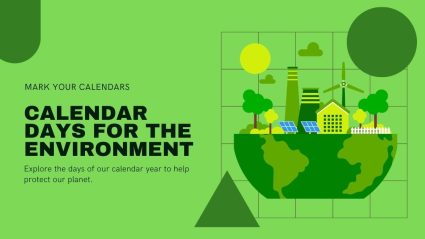
These environmental calendar days remind us to take care of our planet. We can plant trees, cut down on waste, and learn about nature.

Mineralogists are like the detectives of the geology world. They explore landscapes, collect mineral samples, and study them in a laboratory.

From astrophysicists to arborists, this environmental science salary pyramid gives a sneak peak of how much earth scientists earn in their respective field.
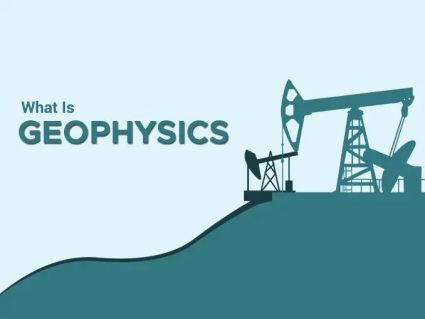
If you want to pursue a career as a geophysicist, one option is to look into geophysical courses online to get started in the career.

For aspiring geologists, field camp is where you put everything you’ve learned in the classroom together in an intensive field campaign.

Hydrogeologists are groundwater specialists who focus on how soil and rock relate to groundwater. This includes the transportation of water into the surface.

Agronomists focus on crop production and applying new technologies. An agronomist studies plant science to improve efficiency in crop production.
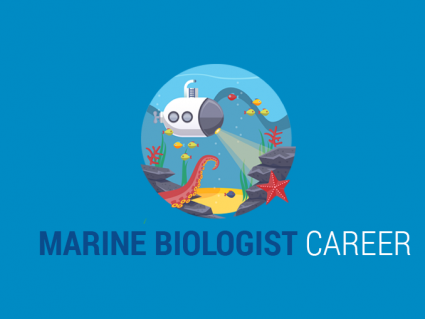
Marine biologists specialize in how life in the oceans behave. They collect ocean samples, record fish distributions and conserve aquatic life in habitats.
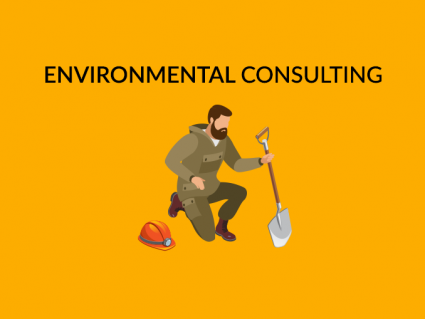
Trying to find an environmental science career? As an environmental consultant, you ensure clients comply with regulations such as air, water, life and land.

Even though landing an anthropologist career can be difficult some, they’ve found their skills best suited in cultural resource management and academia.

Biologist work with wildlife, marine life and vegetation. They analyze how living things, flora and fauna are composed like their structure & composition.
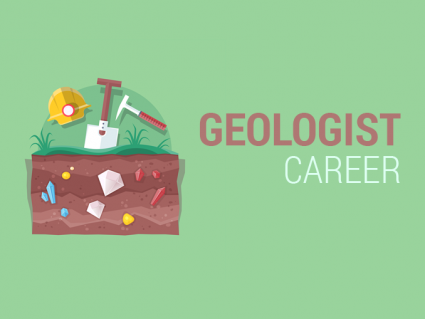
Geologists study bedrock and surface rocks. They best understand how Earth’s land forms and rock change over time (physical and chemical structure).

Geotechnical Engineers understand the behavior of earth materials. For example, they interpret rock and soil samples to investigate subsurface conditions.
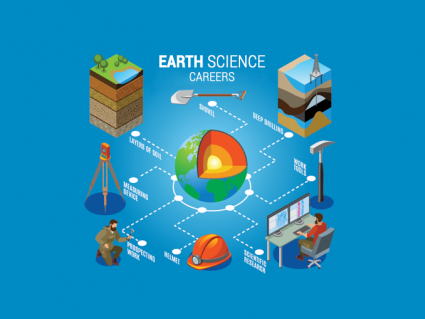
This list of 30 Earth Science careers has everything you need to know to carve your own career path as an Earth scientist. It’s time to start your journey.

Money doesn’t grow on trees for foresters but it still makes a great career option. You will harvest timber while conserving the environment as a forester.